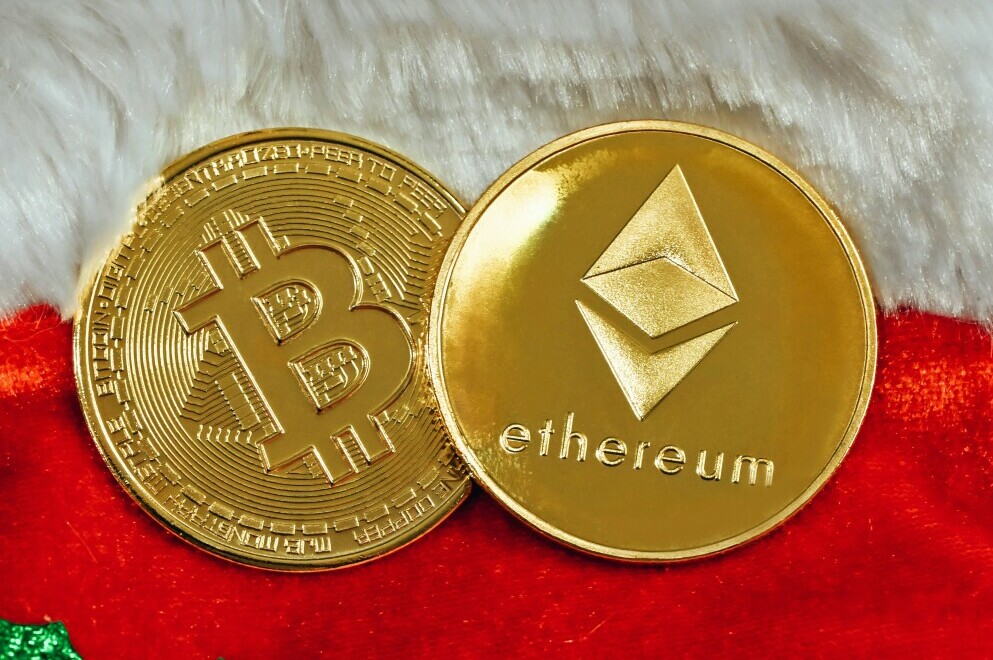If you’re stepping into the world of cryptocurrencies, one of the first tools you’re going to need is a reliable cryptocurrency wallet. Think of it as your digital bank account but with a twist: it’s solely under your control, no banks involved. In this primer, I’m going to unravel the basics of cryptocurrency wallets and underline why it’s so crucial to secure your digital assets.
Cryptocurrency wallets don’t just store your digital wealth; they act as a gateway to your transactions on the blockchain. Whether you’re buying, selling, or simply holding your cryptocurrencies, a wallet is what keeps your digital keys safe. Essentially, these wallets store your private keys, which you can think of as sophisticated passwords, giving you access to your coins.

Under the umbrella of cryptocurrency wallets, there are various types. Hot wallets, which are connected to the internet, offer convenience and ease of access. On the flip side, cold wallets are offline, physical devices that store your cryptocurrencies away from the online dangers of hacking and cyber theft.
Now you might be wondering, ‘Why all the fuss about securing your cryptocurrencies?’ Well, in the digital world, your assets are as secure as your wallet. There’s a lot of opportunity in the crypto space, but with that comes the risk of digital theft. Ensuring the safety of your investments by choosing and using the right wallet isn’t just a good measure, it’s an absolute must.
You’re on the threshold of the digital financial revolution, and a secure wallet is your entry ticket. I’m here to help you with understanding how to choose the right wallet, which we’ll cover in the next section. It’s not just about picking any wallet; it’s about selecting the one that aligns with your needs for security, functionality, and peace of mind.
Choosing the Right Wallet: Factors to Consider
When it comes to storing your cryptocurrency, choosing the right wallet is akin to selecting a trustworthy bank for your physical money. It’s a decision that shouldn’t be taken lightly. I’m going to walk you through the key factors that should influence your choice.
Security features should top your list. You want a wallet that provides robust encryption and offers backup options to protect your assets against hacks and technical failures. Choose something that resonates with you when it comes to security. Whether it’s two-factor authentication, multi-signature requirements, or other advanced security features, make sure the wallet doesn’t cut corners.
Ease of use is also critical, especially if you’re new to cryptocurrency. An intuitive interface helps prevent errors that could cost you dearly. Consider opting for a wallet with a user-friendly platform, which can simplify the processes of tracking your balances and making transactions.
Compatibility with multiple cryptocurrencies can give you the flexibility to diversify your portfolio without needing to juggle several wallets. Check whether the wallet supports just Bitcoin, or a variety of digital assets such as Ethereum, Litecoin, and others.
Lastly, I cannot stress enough the importance of choosing a wallet from a provider with a solid reputation. Read reviews, check out user testimonials, and do your due diligence. The credibility of the wallet’s developer could mean the difference between a secure investment and a regrettable loss.
Setting Up Your First Cryptocurrency Wallet
I’m going to walk you through setting up your first cryptocurrency wallet. It might seem intimidating, but trust me, it’s a straightforward process. By the end of this, you’ll have a functional and secure wallet ready to interact with blockchain networks.
First up, let’s chat about public and private keys. Imagine your public key as your email address, which you can share with anyone to receive messages – or in this case, cryptocurrencies. Your private key, however, is like the password to your email account. You wouldn’t share that with anyone, right? The private key is crucial because it grants you access to your crypto assets. Losing it means losing your digital fortunes.
So how do you protect this all-important private key and recovery phrases? Well, it’s not too different from how you’d secure other sensitive information. Write down your recovery phrases and store them in a secure place, such as a safe. Never store them on your computer or online where they can be easily stolen.
To manage your wallet, you’ll need to understand its interface, which provides tools for sending and receiving cryptocurrencies. Ensure that you’re comfortable with the process, and don’t worry too much about making mistakes with small transactions to start. You can always adjust your approach down the road.
Regularly updating your wallet’s software is vital for security. Developers release updates to patch vulnerabilities and enhance functionality. Ignoring these updates could leave your wallet at risk. Choose something that resonates with you in terms of ease of update and support from the developer community.
That wraps up setting up and securing your wallet. Next, you’re going to find out about maintaining your wallet’s security and managing your transactions to ensure your digital wealth stays safe.
Maintaining Wallet Security and Managing Transactions
Now that you’re equipped with your own cryptocurrency wallet, I’m going to share how to keep it locked down and secure. Think of your digital wallet much like a personal bank account�it needs constant vigilance and smart habits to prevent unauthorized access.
When you’re ready to start sending or receiving digital currencies, you’ll find it’s pretty straightforward. But, security should always stay top of mind. I’ll guide you through some essential steps to ensure your transactions are not just successful, but also secure.
If you’re considering a hardware wallet, it’s a testament to your commitment to digital security. These devices offer an extra layer of protection for your assets, keeping them off the internet and out of the reach of online hackers.
Just as you wouldn�t ignore updates to your smartphone or computer, the same goes for your wallet’s software. Regular updates are key in protecting against potential security flaws. Keep your software up to speed to fend off the latest threats.
Remember, the world of cryptocurrency is ever-evolving, and staying informed is your best defense. Keep learning, keep your software updated, and don’t shy away from asking questions within the crypto community. Your diligence is what will keep your digital treasure safe.

This article was very informative on the cryptocurrency and digital wallets. I have been curious about all this crypto stuff. Including the part to set up your wallet. The future is got a lot of new technology and scifi stuff coming out it kind of scares me. It is intresting to learn about it though.
Thank you for your comment, Samantha! I’m glad you found the article informative. Cryptocurrency and digital wallets can indeed seem overwhelming at first, but it’s exciting to see where this technology is heading. The future holds a lot of innovation that can be both fascinating and a bit intimidating. Keep exploring and learning!
#Cryptocurrency #DigitalWallets #TechFuture #Innovation #LearningJourney
Gary